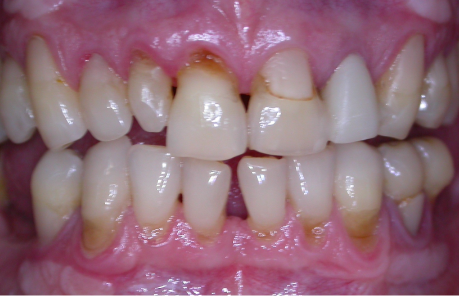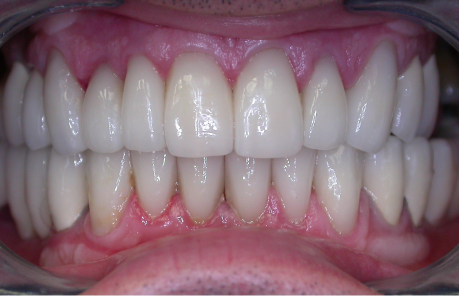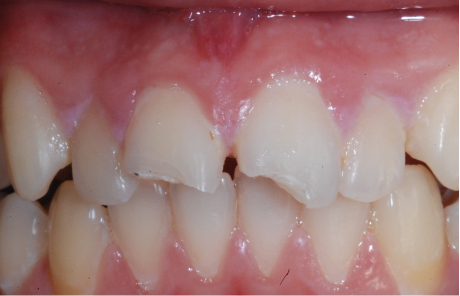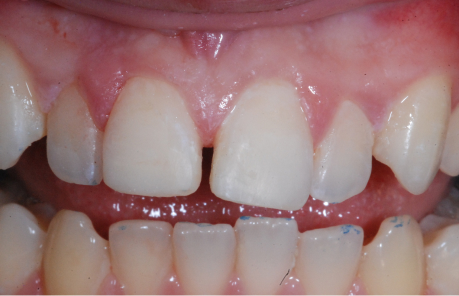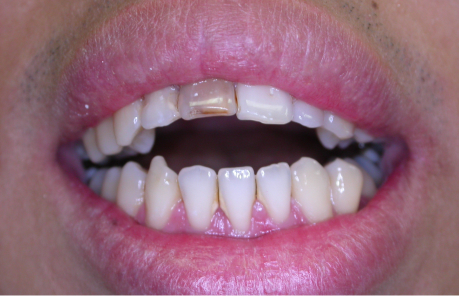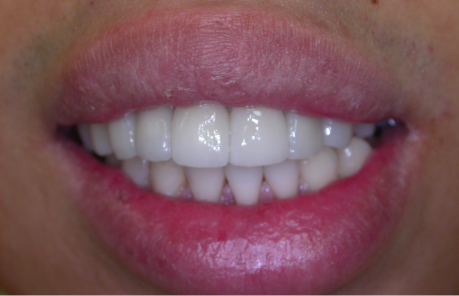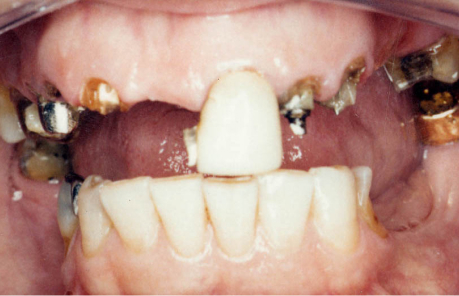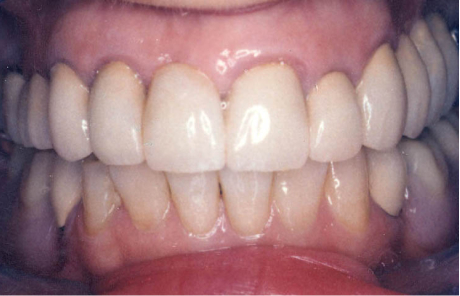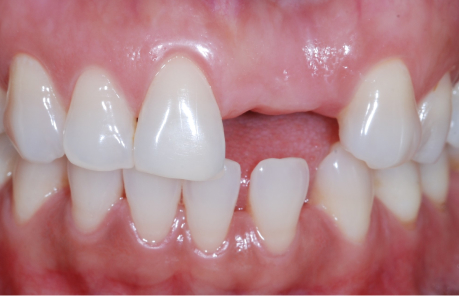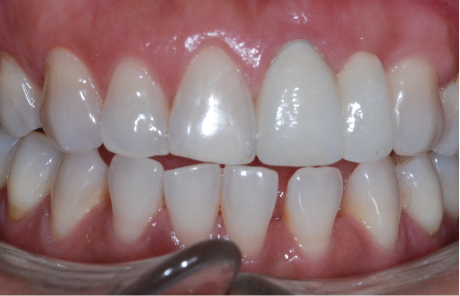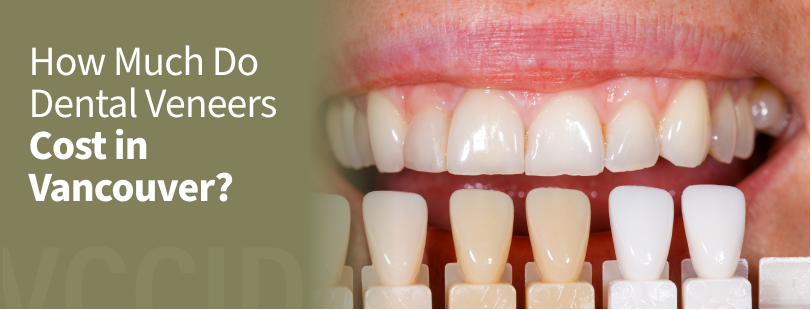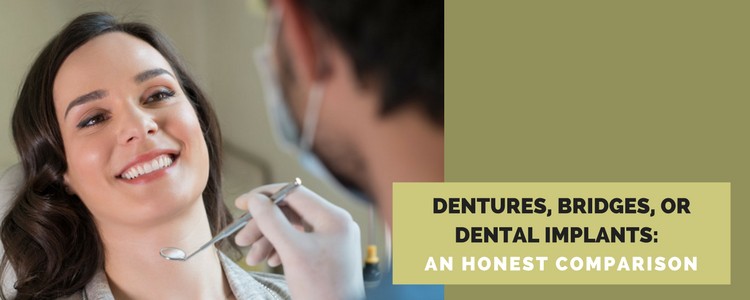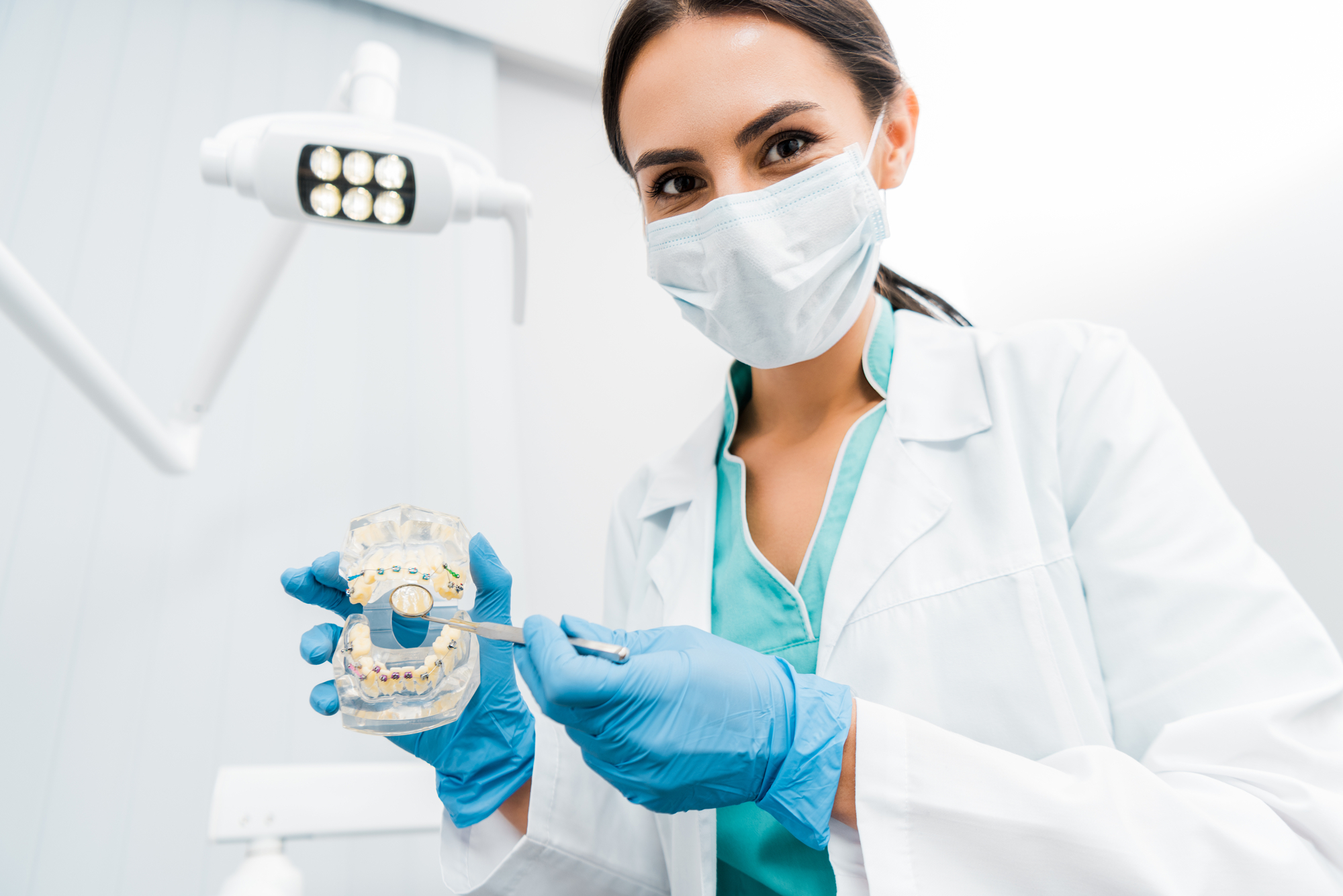Maintaining good oral health should be a mother’s priority during pregnancy. In fact, poor dental health can have some serious consequences for a woman who is expecting.
During pregnancy, hormone changes cause gums to swell and bleed. This makes it easy for food to trap in the gums and can lead to gum disease, which has been linked to an increased risk for preterm birth.
Overall, we encourage women to always do preventative cleanings so that they can avoid more serious gum disorders if they become pregnant.
With all the research accumulating daily on what is safe and what is not safe to do during these 9 months, it can be daunting to discern what is safe for a pregnant woman who needs dental care.
In general, we try to limit a pregnant woman’s dental care to a routine cleaning. However, if a procedure is unavoidable, there are ways to maximize the safety of both mother and unborn child.
What should a pregnant woman avoid for dental work?
- Medication (if possible) – Though your primary care doctor may have a list of pregnancy-safe medications, your dentist should try to avoid medication if possible to prevent any possible side effects.
- X-rays- Due to the radiation involved, a pregnant woman should avoid these unless absolutely necessary. Although most offices have modern equipment that uses significantly lower doses. X-rays are best to postpone until after pregnancy.
- Any elective treatments. Tooth whitening and cosmetic dentistry can wait. Cavities and infections usually need to be dealt with so they don’t develop in bigger problems.
- Anesthetics (in most cases)- These should only be allowed in special cases. Some anesthetics are more likely to cross over the placenta to the baby than others.
- Stress. If the mother is prone to anxiety at the dentist- then avoid treatment if possible during pregnancy. Stress has many unknown ramifications. It is better to be cautious and avoid stressful situations the sake of the unborn child.
What is safe for a pregnant woman at the dentist?
Sometimes procedures like root canals, fillings, and tooth extractions cannot be avoided during pregnancy. In these cases, it is good to know what is safe for a pregnant woman.
- Some anesthetics are safe. It all depends on anesthetic properties, maternal PH, and fetal pH. Ask your dentist to decide on this situation case by case.
- Antibiotics like penicillin, amoxicillin, and clindamycin. They belong to the category B drug list for pregnancy safety, so if they are needed they are not prohibited.
- Lidocaine– This is another category B drug used during dental procedures that may cross the placenta but is generally accepted as safe. To assess all your risks, talk to your dentist before using it.
- Necessary procedures- Cavity fillings and crowns can reduce the chances of infections that pose a risk to the unborn child. Root canals and tooth extractions, if they cannot be avoided, must be done carefully after assessing the risks of using local anesthesia.
When is the best time for a woman to get dental work done?
Overall, the best practice would be to delay dental work until after pregnancy or for the treatments to be temporary patch-ups to be completed later.
However, if work must be done, the second trimester is the best time because of the mother will be the most comfortable and the baby will not be at as much risk during procedures.
It is possible to do procedures during the third trimester but the mother’s comfort in the reclining chair will be an issue.
The first trimester involves the vital formation of organs and brain tissue of the unborn baby. To be absolutely safe and to decrease the chances for birth defects or other issues, we encourage pregnant women to avoid as many procedures, chemicals, and medications as possible during this trimester.
By the time the second trimester comes around, the woman is feeling much better and the baby is at a far less risk for defects from outside influences because the placenta is fully formed.
What can a woman do for her dental health to ensure the best outcome?
Women should be proactive and try to get their check-ups and treatments done before they become pregnant. By treating cavities, infections, or issues like gingivitis before pregnancy, their gums will be in good health and be better able to withstand the hormonal changes that cause trauma to the gums during pregnancy.
In all, being proactive and doing yearly check-ups and preventive dental cleanings will help the mother’s teeth stay healthy, preventing major oral health problems anytime in her life.
If she finds herself in need of dental work during pregnancy, however, she should consult her dentist to make sure her treatment is as safe as possible for herself and her unborn child.
If you have more questions about dental procedures and oral care during pregnancy, then contact us.


